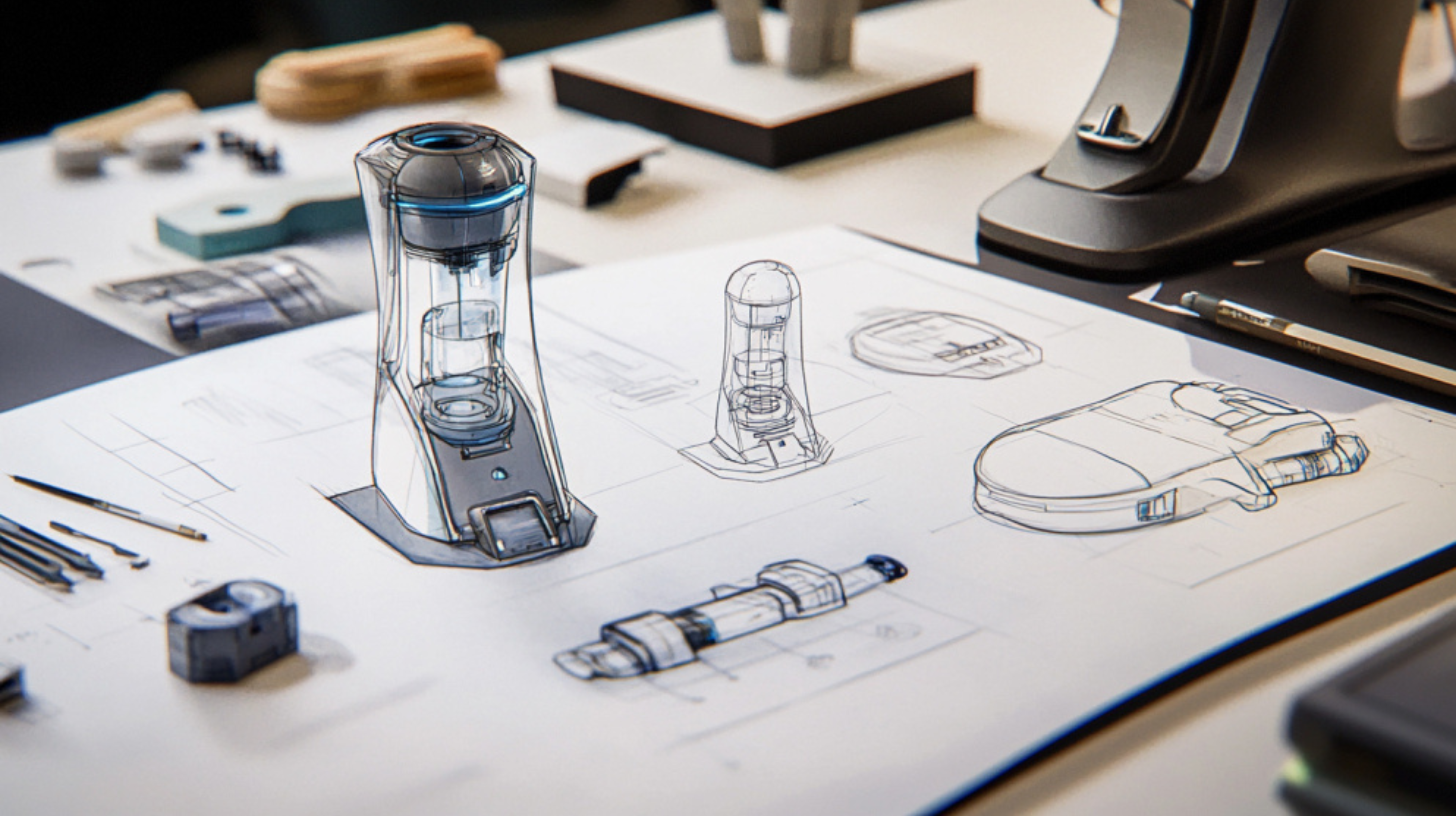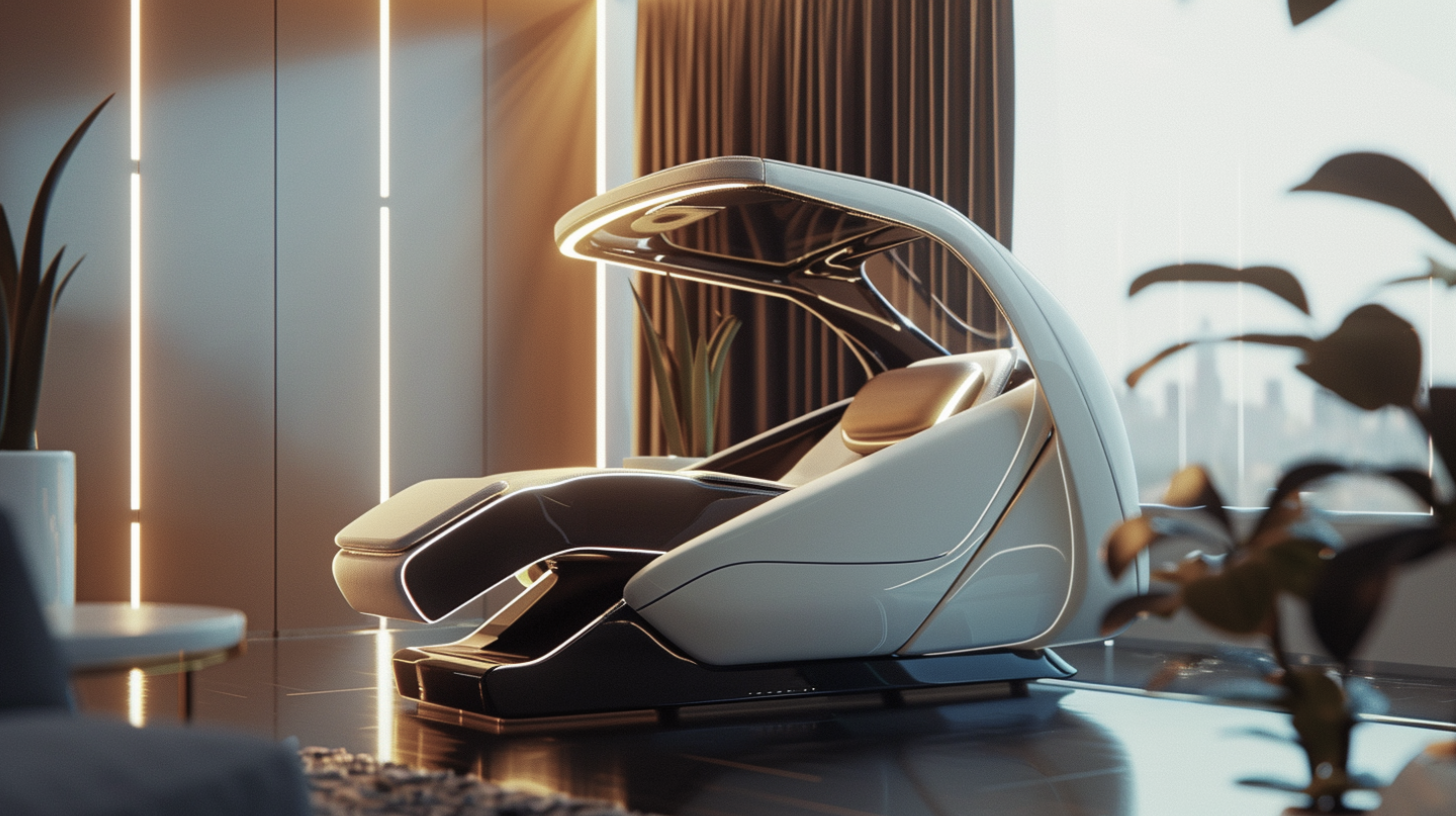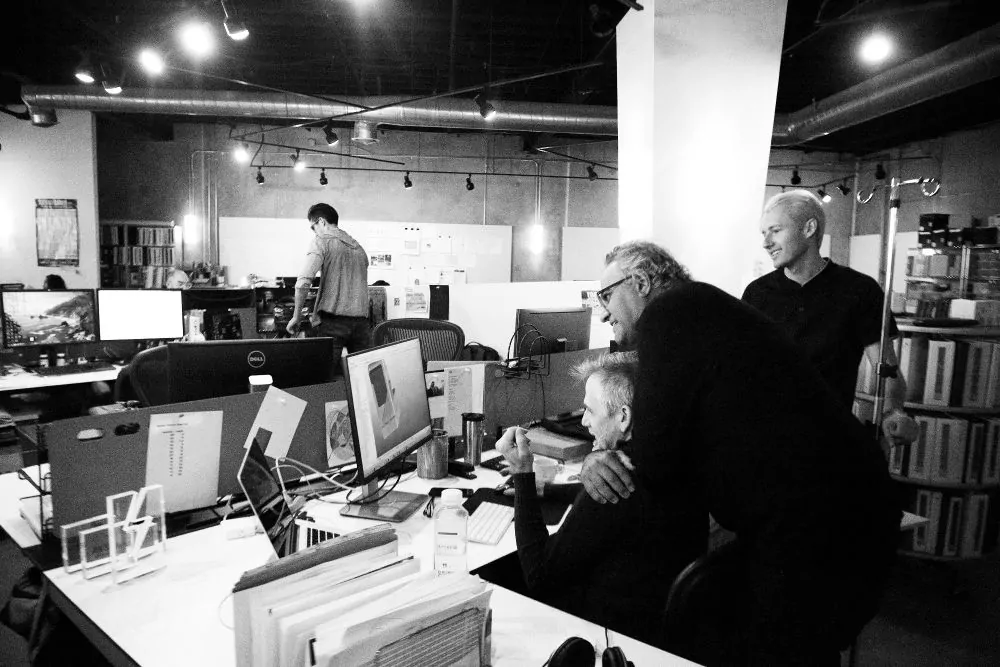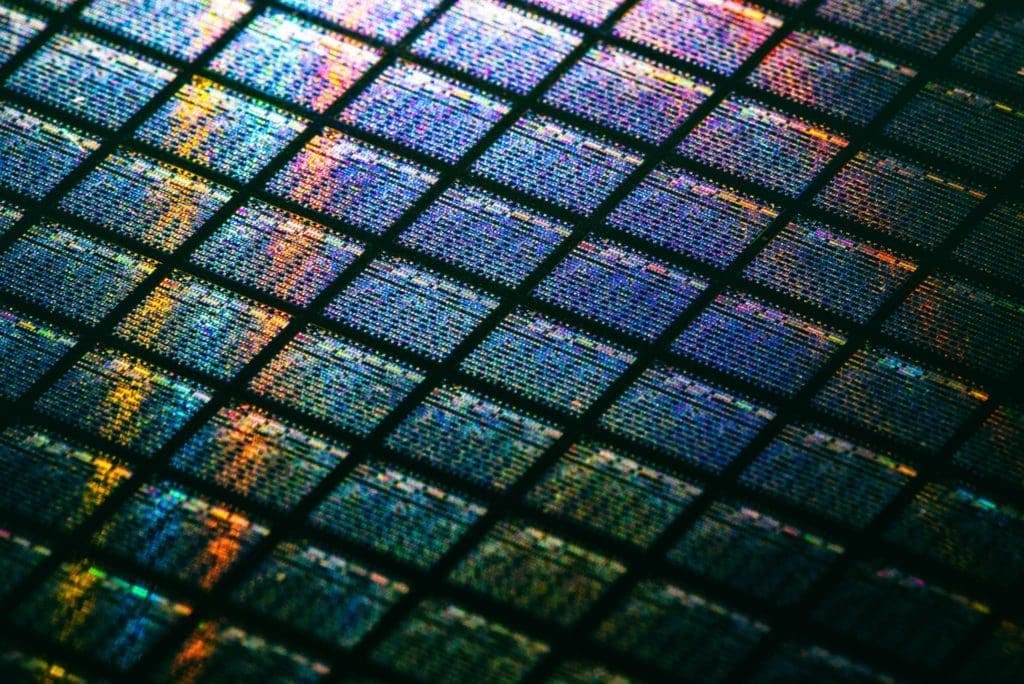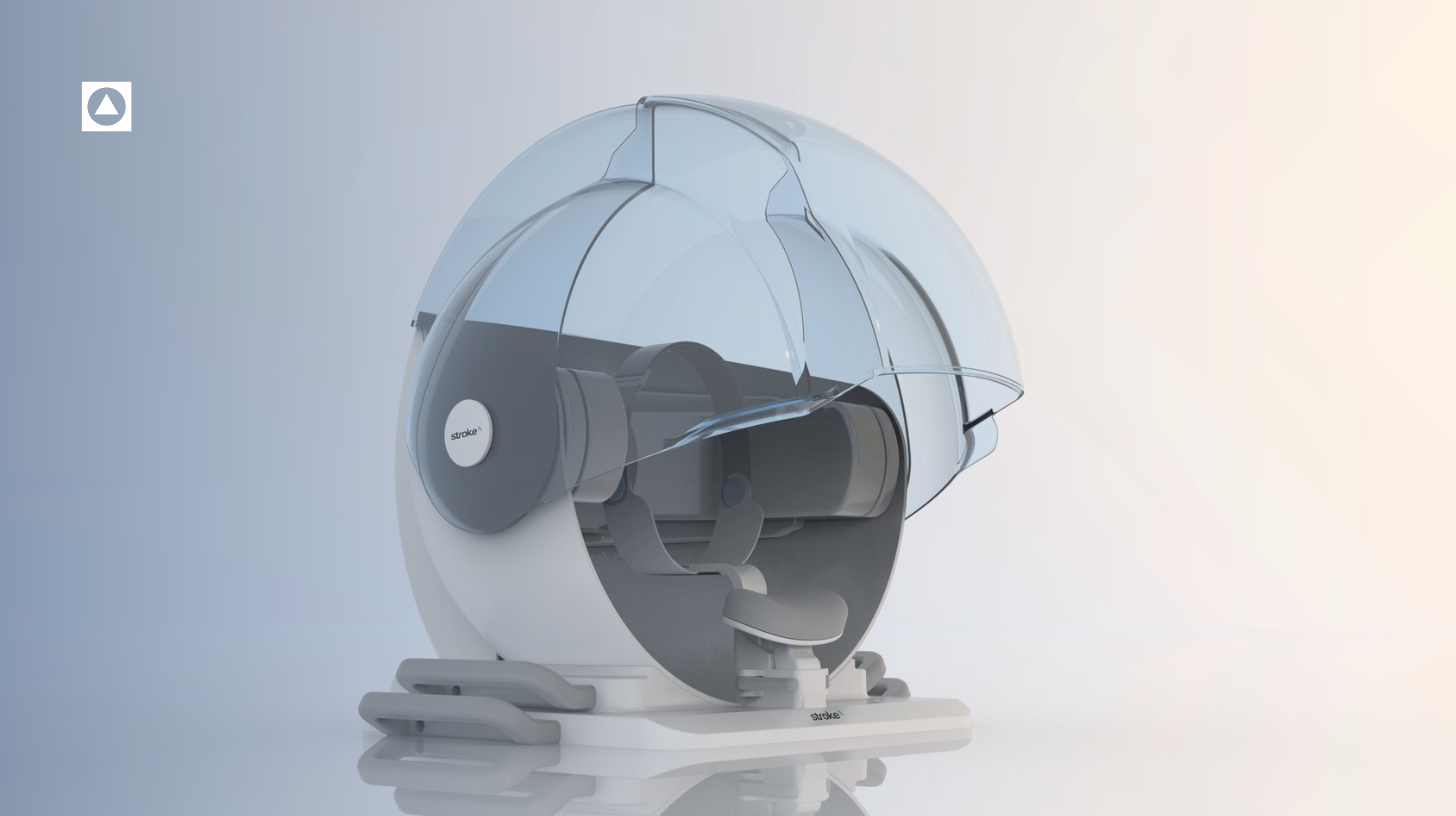Experience Will Drive The Future Of Consumer Products Not Size
It appears that Moore’s Law is no longer valid but does that honestly matter when it comes to user experience? Chip makers are finding that further miniaturizing chips will become expensive in the coming years and are seeking other opportunities to innovate in the market by creating chips that are specialized for specific tasks.
The consumer electronics category has continued to be driven by speed and battery life, but it seems that at least in the cell phone category, the size of the chip hasn’t been driving the needs of the market. In fact, over the last few years, the cell phone category has gone from an era of miniaturizing to an era of larger screens. The different brands haven’t had the ability to differentiate from one another based on form factor which has led to a big emphasis on digital user experience. Now, we seem companies like Samsung trying to differentiate by the development and introduction of their Galaxy Fold.
For years we have seen the major chip manufacturers battling every year to develop smaller faster chips which almost immediately becomes obsolete on release. Intel recognized this years ago and quickly shifted to focus on opportunities to provide value and create services that would keep them out of the commodity race with their competitors. The service industry is the future. Product without services will eventually become obsolete. Our team had the pleasure of working with Intel to develop new products and services in the workgroup printing space and emerging market industrial PC market to innovate and create meaningful value for their customers.
It will be interesting to see how companies like AMD, Global Foundries, and Intel innovate in the future and how design helps to enable these new offerings

